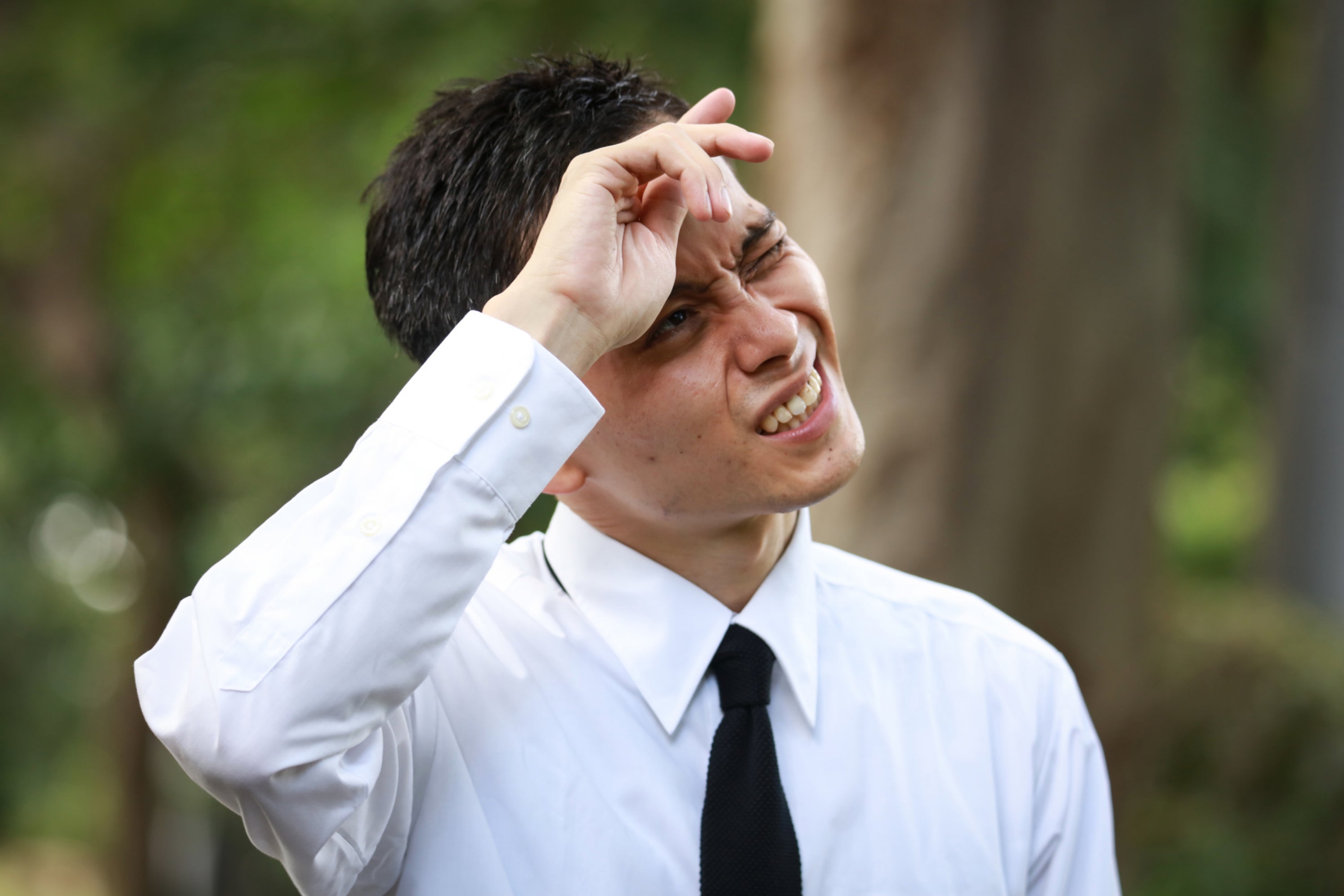Counterfeit luxury brand products sold by a social media influencer are on display. Courtesy of Korean Intellectual Property Office Only 20 investigators handling counterfeit cases at patent office By KTimes It all started with a blog. In 2020, Park, a self-proclaimed "influencer" in her mid-30s, began posting photos of herself wearing trendy fashion items on her blog.
As her online presence grew, she expanded to Instagram and other social media platforms, eventually launching an online store. There, she sold knockoff designs of famous brands, adding her own label to the counterfeits. As sales boomed, Park even started selling counterfeit luxury goods, including Chanel replicas, passing them off as genuine to loyal customers.
Park produced and sold over 20,000 counterfeit items, which would have been worth 34.4 billion won ($26 million) if they had been genuine. She was eventually arrested and charged with violating the Design Protection Act.
Her case illustrates how counterfeit crimes have evolved from small-scale operations in traditional markets like Dongdaemun and Namdaemun to sophisticated "corporate-style" operations exploiting online platforms to reach a wider audience. Counterfeit production and distribution have surged recently. According to data from the Korean Intellectual Property Office (KIPO) obtained by Democratic Party of Korea Rep.
Song Jae-bong, 7.56 million counterfeit items were seized over the past five years. Clothing accounted for the largest share with.


















